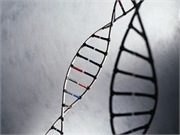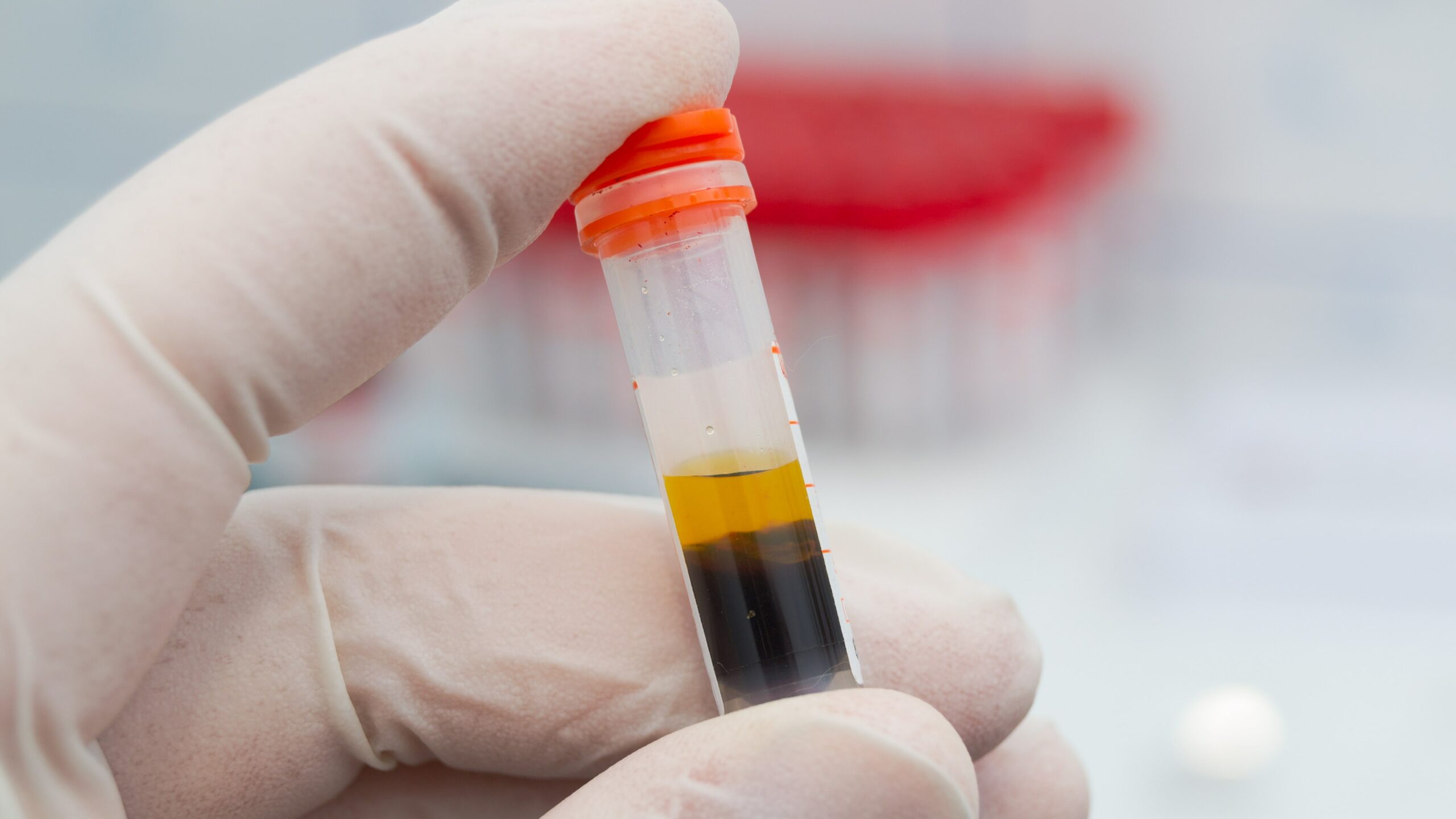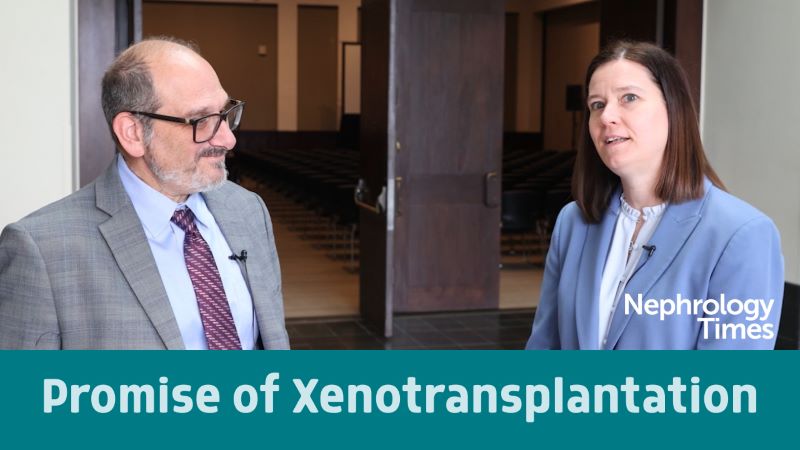
Recipients of a transplant kidney from a living donor are more likely to remain dialysis free with functioning allografts for longer durations compared with recipients of a kidney from a deceased donor. Transplant physicians are obligated to provide for the safety and long-term well-being of living kidney donors. For medically complex donors, evaluation for living kidney donation can be challenging for the donor candidates, transplant recipients, and families. Donors assume short-term perioperative and long-term medical risk.
Risks for donors are low, but they do exist, according to Alexandra M. Mena-Gutierrez, MD, and colleagues at the Wake Forest School of Medicine, Winston-Salem, North Carolina. There is no perfect candidate and each transplant program determines the acceptable level of risk for their living donors. The rise of genomic medicine has provided benefits to organ transplantation, making it relatively simple to screen asymptomatic potential living kidney donors to determine whether the donor has risk variants in genes that have known association with chronic kidney disease (CKD) and subsequently avoid donation.
The apolipoprotein L1 gene (APOL1) is associated with nondiabetic CKD and end-stage renal disease (ESRD) in Africans, African Americans, Brazilians, and Afro-Caribbeans. APOL1 high-risk genotypes in deceased organ donors contribute to more rapid failure of kidneys transplanted from African-American donors. Further, a higher risk for developing post-donation CKD in living kidney donors with recent African ancestry has been seen in donors with APOL1 high-risk genotypes.
Awareness of the effects of APOL1 in kidney transplantation has increased among transplant physicians, nephrologists, patients with ESRD, and potential living donors. While the proportional rates of deceased donor kidney transplantation for African American recipients are equitable, there remain disparities in the incidence of living kidney donor transplants in that patient population. Dr. Mena-Gutierrez et al. reviewed genetic testing for inherited kidney disease in living kidney donors to improve donor safety; the article includes consideration of APOL1 genotyping in donors with recent African ancestry [Transplantation. 2020;104(1):27-32].
Screening for Inherited Kidney Diseases
Donor candidates should be informed by the transplant team regarding the potential for genetic predisposition to kidney disease. For kidney donors with a family history of potentially inherited forms of kidney disease in two or more members, genetic testing should be considered. In cases where the extended family history is uncertain, genetic testing can be considered with one affected first-degree relative.
APOL1 Testing
A study in Detroit, Michigan, assessed long-term outcomes in 136 African American living kidney donors. As in the general population, 14% had APOL1 high-risk genotypes (with two renal risk variants) and 86% had low-risk genotypes (0/1 renal risk variant). After 12 years of follow-up, 11% of previously healthy kidney donors with APOL1 high-risk genotypes developed ESRD and 67% developed an estimated glomerular filtration rate <60 mL/min/1.73 m2. Based on those case reports, the reviewers hypothesized that “premature transplant failure could also occur in some recipients of APOL1 high-risk living kidney donors.”
In recipients of deceased donor kidney transplants, outcomes are similar. Kidneys transplanted from APOL1 high-risk donors fail more quickly. Currently, the Kidney Allocation System downgrades quality in all African American deceased donor kidneys regardless of APOL1 genotype, although recent data suggest that those with two APOL1 renal risk variants (~13%) may be at highest risk for early allograft failure. The ongoing APOL1 Long-term Kidney Transplant Outcomes Network (APOLLO) and the APOLLO Ancillary Study, Living Donor Extended Time Outcomes, will provide additional data.
Counseling about APOL1
Until results of APOLLO are reported, transplant programs should develop local guidelines to inform potential living donors who self-report African ancestry about the role of APOL1 in kidney disease and outcomes following donation and transplantation. At present, there is no policy for universal testing of at-risk living donors for APOL1 at transplant programs in the United States. Further, the APOL1 genotypes are not part of the donor evaluation process.
The reviewers said, “Kidney transplant programs evaluating African American living donor candidates should become familiar with the effects of APOL1 and consider offering APOL1 and non-APOL1 genetic testing. If programs lack individuals comfortable with these processes, other transplant programs and Clinical Laboratory Improvement Amendments-certified APOL1 laboratories could assist.
“Prospective results from the APOLLO Study will ideally clarify best practices. Until then, we recommend education about APOL1 in kidney disease and the offer of genetic testing in kidney donor candidates who self-report recent African ancestry. Our program does not typically proceed with living kidney donation from individuals with two APOL1 risk variants under the age of 60 years. In addition, we treat APOL1 genetic data in a similar fashion as genotypes for other inherited kidney diseases. We provide education and offer genetic testing and counseling. In our opinion, these practices provide potential kidney donors with the ability to make the most informed and safest decision.”
Takeaway Points
- The association between the apolipoprotein L1 gene (APOL1) and nondiabetic chronic kidney disease is key in nephrology care and in evaluation of donor kidneys for transplantation.
- In candidates for living kidney donation who self-report recent African ancestry, researchers suggest genetic testing for inherited kidney disease to improve donor safety.
- The transplant program at the Wake Forest School of Medicine provides education about APOL1 in kidney disease and offers genetic testing to potential donors of recent African ancestry.







 © 2025 Mashup Media, LLC, a Formedics Property. All Rights Reserved.
© 2025 Mashup Media, LLC, a Formedics Property. All Rights Reserved.